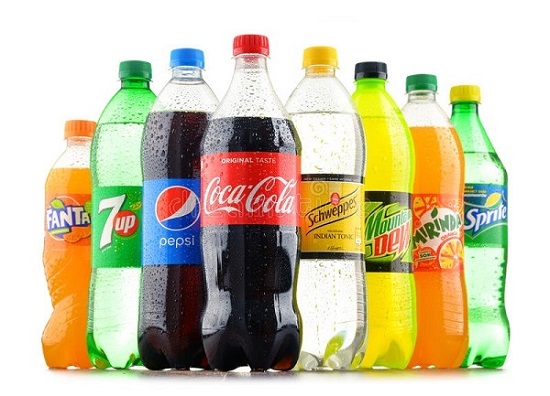
Minister of Finance and Economy, Mr. Wale Edun has acknowledged the significant benefits of implementing a sugary drinks tax, emphasising its potential to improve public health and generate additional government revenue.
Edun shared these views during a courtesy visit by the National Action on Sugar Reduction (NASR), a coalition of non-governmental organisations, on Wednesday in Abuja.
Edun highlighted the dual pressures faced by beverage companies: the imperative to create jobs and reduce poverty versus the negative health impacts of their products. While he recognised job creation as a positive outcome, he underscored the public health costs associated with the consumption of sugar-sweetened beverages (SSBs). “The government’s tax revenue from SSBs must be balanced against industry needs, including pricing and the cost of living,” he stated.
Addressing the current economic challenges, including rising exchange rates and increased costs of energy and transportation, Edun revealed that the government is considering a temporary suspension of the sugar tax under a six-month economic stabilisation plan. “This measure aims to help beverage companies navigate the current economic difficulties without going under,” he explained. He clarified that this suspension is a delay, not a denial, with plans to reintroduce the tax once the economy stabilises.
Drawing a parallel to past opposition against tobacco taxation, Edun emphasized the importance of data-driven analysis in shaping public policy. He encouraged coalitions and advocacy groups to continue providing incisive studies and robust data to strengthen the case for the sugar tax. “While the government is not in favour of companies selling unhealthy products, it recognises the need to support businesses and help people cope with the current cost-of-living spike,” he added.
The minister highlighted the role of the Presidential Economic Coordination Council in this decision, acknowledging the necessity of government revenue but also the need to offer relief amid economic challenges. “The temporary suspension of the sugar tax is seen as a measure to stabilise the economy and support the beverage industry during this critical period,” he said. Edun also acknowledged efforts by the Minister of Health and Social Welfare to reduce the cost of drugs and pharmaceuticals. “We support your need for revenue, but we must find a balance,” he stated.
Edun explained that the increase in foreign exchange rates is being passed on to consumers. “While the official exchange rate was artificially pegged, products are often priced at the parallel market rate, meaning companies do not pass on the actual exchange rate to customers,” he noted.
Speaking on behalf of the coalition, co-chair of the NASR coalition, Comrade Bernard Enyia lamented the doubling costs of insulin and diabetes care in the country. “We are afraid to die,” he said. Enyia, who is also the vice president of the Diabetes Association of Nigeria, stressed that the consumption of SSBs is linked to various health issues, including obesity and dental problems. “The public health costs associated with these conditions are significant, impacting healthcare systems and reducing overall productivity,” he emphasised.
Advocacy lead at Gatefield, Ms. Shirley Ewang presented a case for sugar-sweetened beverage taxes on behalf of the NASR coalition. Ewang highlighted the revenue generation potential of SSB taxes and their possible use for health programs. She pointed out that when the beverage tax was introduced, the industry raised a public outcry, claiming it would hurt their profits. However, she noted that broader economic trends, such as inflation and currency devaluation, began well before the tax’s introduction.
“In our fact sheet, we addressed one of the key arguments from the industry about profit margins. Interestingly, Coca-Cola’s 2023 profit report revealed that in emerging markets like Nigeria, their profits increased by over 50 per cent. This indicates that despite the tax, their profitability remained strong,” Ewang explained. She urged the government to require manufacturers to provide their revenue data to ensure policy decisions are based on comprehensive data reflecting both economic and public health impacts.
Ewang stressed the importance of prioritizing the health of Nigerians in policy considerations. “While we must continue our research, it’s equally important for manufacturers to contribute their data. This will enable more informed and balanced decision-making that supports both the economy and public health,” she said. “We’re here today to emphasise the importance of prioritising the health of Nigerians in policy considerations.”

